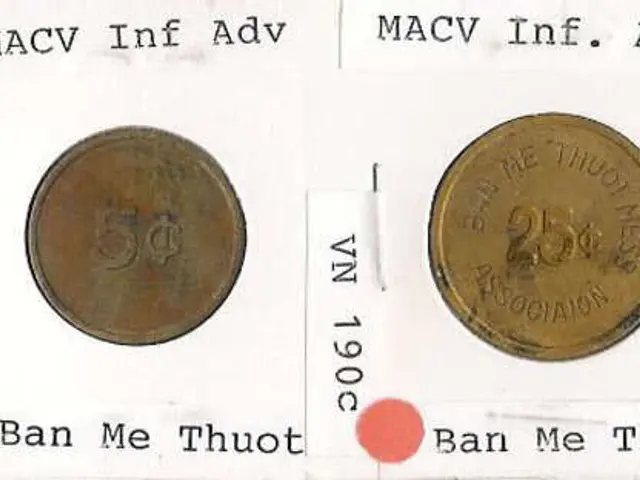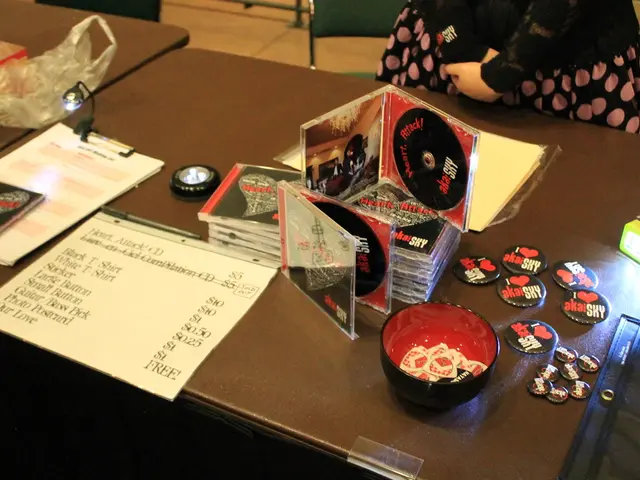UK Gambling Commission Issues Caution to B2B Gaming Service Providers Over Unlawful UK Gambling Platforms
In the wake of illicit gambling concerns, the UK Gambling Commission (UKGC) has issued a stern warning to its licensed B2B iGaming providers. These suppliers must ensure their technology isn't fueling the fire of unlawful gambling, as illegal casino games originating from licensed operators have popped up on unauthorized websites, available to British consumers.
In a pointed statement on Monday, the UKGC disclosed that unlicensed websites are offering casino games from operators who claim to be licensed under the Commission, putting UK consumers at risk.
The regulator demanding B2B suppliers providing live games, live casinos, and slots to aid in illegal gambling eradication by examining their internal policies. Game aggregators and third-party resellers are also alleged to disseminate games provided by operators to the illicit market, in violation of contractual obligations, the Commission notes.
The UKGC states that suppliers might be neglectful in allowing this illegal redistribution, potentially endangering their own licenses. The Commission expects suppliers to notify any suspected illegal contracts and promptly rectify the issue, as it reserves the right to run test purchasing activities to substantiate potential violations.
To maintain compliance with the Commission, B2B iGaming suppliers can take several measures:
- Legal Requirements: Make sure that all clients using their technology possess a legitimate UKGC license, ensuring they abide by regulatory requirements[1].
- Investigate New Clients: Thoroughly vet potential clients to evaluate their reputation and compliance track record[3].
- Contractual Obligations: Ensure that client contracts mandate legal and licensed activities exclusively, with clauses securing compliance with UKGC regulations[1].
To stay on the straight and narrow, B2B suppliers should also:
- Regular Monitoring: Routinely assess how their tech is being utilized and conduct audits to confirm adherence to UKGC guidelines.
- Suspicious Activity Reporting: Establish a reporting system for suspicious activities or misuse of their technology to the UKGC.
- Technical Measures: Deploy technical safeguards like encryption, access controls, and IP blocking to deter unauthorized use and limit access from unlicensed territories.
- Data Security: Protect all data in line with UK data protection laws, and refrain from sharing customer information with unlicensed entities.
- Legal Compliance: Ensure all operations abide by relevant UK laws, including the Gambling Act 2005 and its amendments or regulations.
- Regulatory Updates: Stay informed on UKGC rule updates and adapt their practices to maintain compliance.
By embracing these guidelines, B2B iGaming providers can safeguard their technology against illicit gambling activities and ensure a secure and fair gaming environment for British consumers.
The UK Gambling Commission (UKGC) expects B2B iGaming suppliers to be vigilant about gambling trends, particularly those that could contribute to illegal casino-and-gambling activities. In line with this, they should ensure their clients are legally licensed under the Commission and abide by all regulatory requirements. For instance, they should thoroughly vet potential clients, mandate exclusive legal and licensed activities in client contracts, and deploy technical safeguards to limit access from unlicensed territories. Additionally, suppliers should regularly monitor their tech usage, report suspicious activities, and stay updated on UKGC rule updates to maintain compliance.







